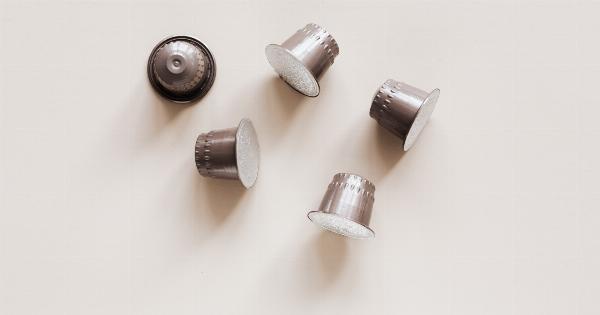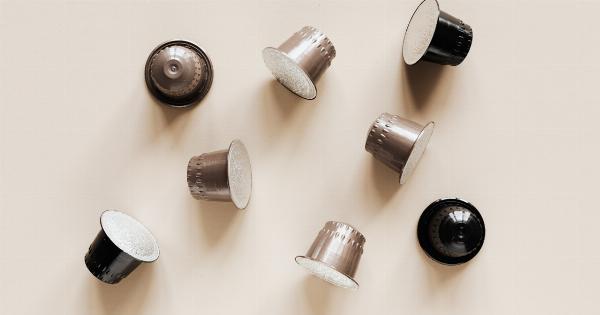Caffeine is a natural stimulant found in tea, coffee, chocolate, and several beverages and energy drinks nowadays. Millions of people consume caffeine daily, to boost their energy level, improve mental alertness, and reduce fatigue.
However, the effect of caffeine can vary from one person to another, depending on factors such as age, weight, tolerance level, and the quantity consumed.
What is caffeine?
Caffeine is a psychotropic component that stimulates the central nervous system and affects brain functions, including mood, behavior, memory, and cognitive tasks.
It works through inhibiting the adenosine receptors in the brain, which leads to an increase in dopamine, adrenaline, and norepinephrine levels. These chemical substances give the effects of caffeine, such as increased heart rate, blood pressure, energy, focus, alertness, and mood enhancement.
How long does caffeine last?
Caffeine can have varying durations in different people, depending on several factors. Typically, the effects of caffeine peak within 30 to 60 minutes after consumption and can last for up to 5 to 7 hours in the body.
However, the effects may differ based on factors such as:.
1. Age
Older individuals may experience a longer duration of caffeine in their system, as metabolism slows down with age.
2. Weight
People who weigh less feel the effect of caffeine for longer periods, as the stimulant is not spread quickly over a larger body mass. Conversely, overweight people may experience a shorter time for caffeine effects due to a faster metabolism.
3. Tolerance
Individuals who consume caffeine regularly develop tolerance to the compound, resulting in reduced effects as time passes. Occasional drinkers may feel the effects sooner, as their body is not yet used to the substance.
4. Quantity consumed
The amount of caffeine ingested will determine the duration of its effects. A larger quantity of caffeine can stay in the system for longer periods, while smaller amounts may wear off quickly.
How to reduce the effect of caffeine?
There are several ways to reduce or eliminate the effect of caffeine if you want to go to sleep or relax. These include:.
1. Drinking plenty of water
Drinking water helps the body to excrete caffeine through urine, reducing its concentration in the system. It also helps keep the body hydrated, preventing dehydration caused by caffeine.
2. Engaging in physical exercises
Physical exercises increase metabolism and help the body break down caffeine faster. It also promotes the release of feel-good endorphins, counteracting the anxiety caused by caffeine.
3. Eating fatty foods
Eating fatty foods like avocado, nuts, and oily fish helps reduce the absorption of caffeine into the bloodstream, sometimes delaying the onset of its effects.
4. Combination with other supplements
Combining caffeine with other supplements like L-Theanine, a green tea extract, reduces the tension often caused by caffeine while improving cognitive functions and increasing dopamine levels.
Melatonin, valerian root, and passionflower are common supplements used to induce sleep and alleviate the harmful effects of caffeine.
Conclusion
Caffeine is a common compound consumed worldwide to improve energy levels and mental function. The duration of caffeine’s effects varies from person to person, depending on factors like age, weight, tolerance, and amount consumed.
Understanding how long caffeine lasts and ways to reduce its effects can improve its overall benefits, leading to a productive and healthy life.































